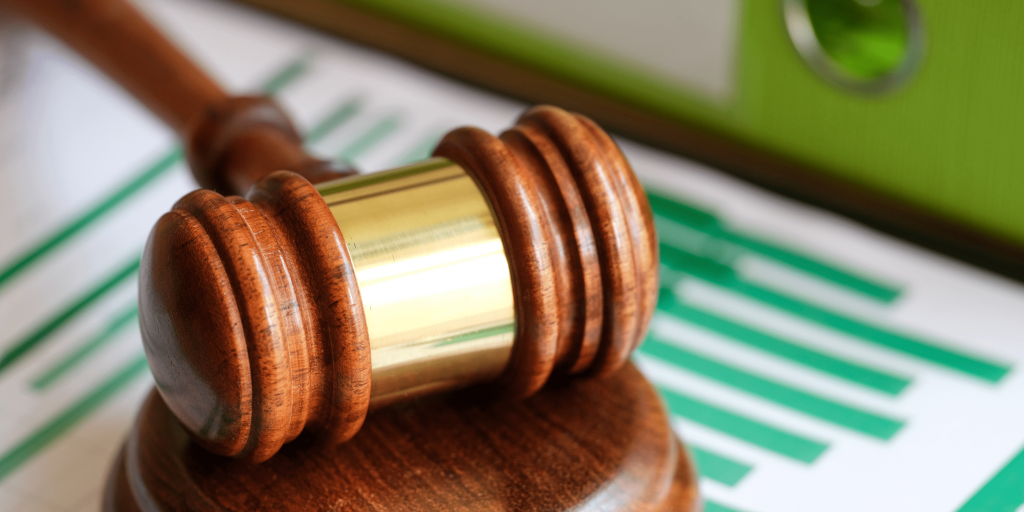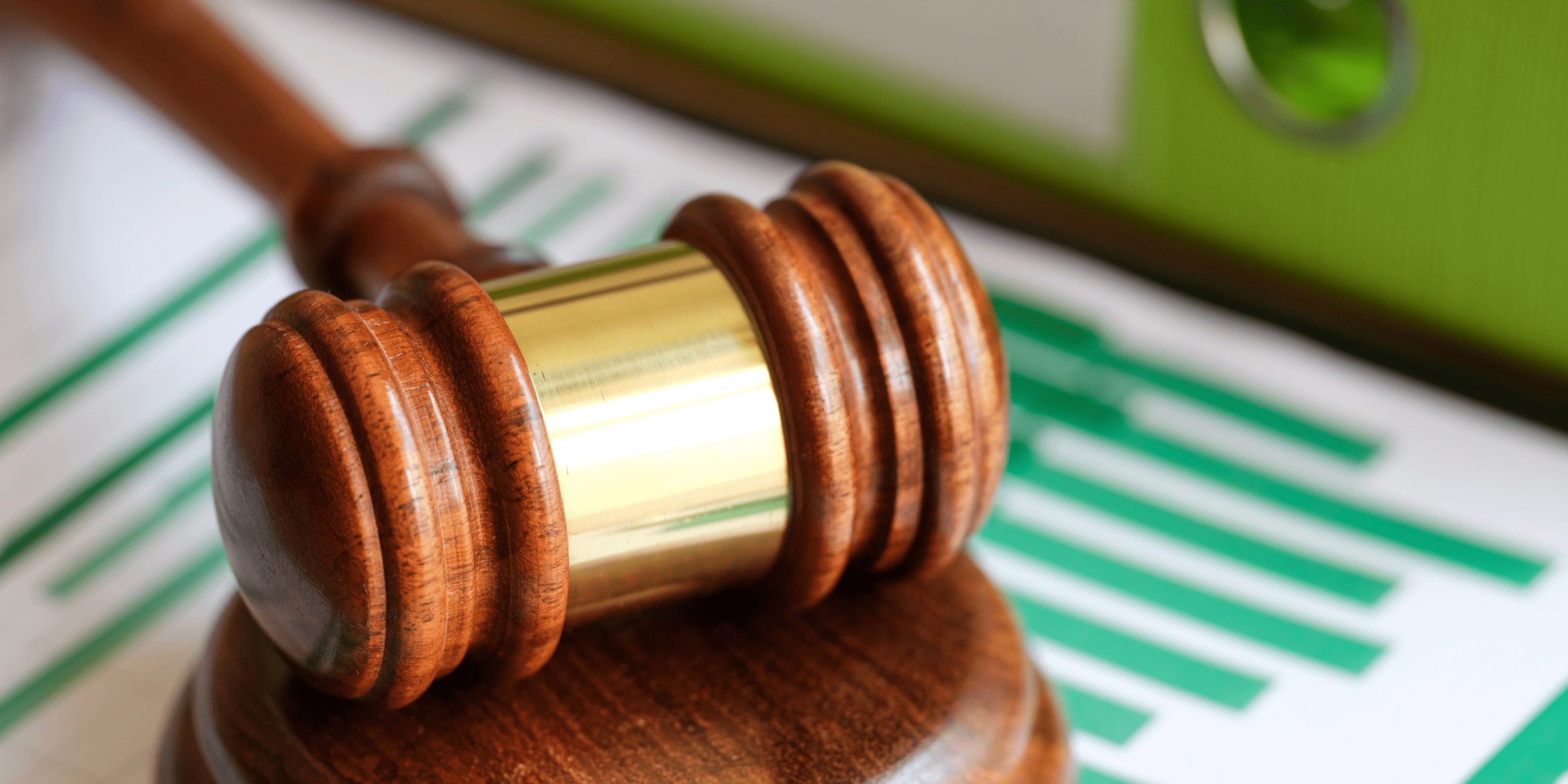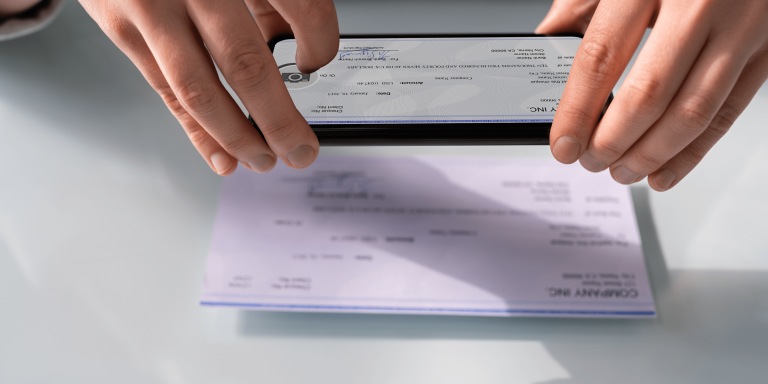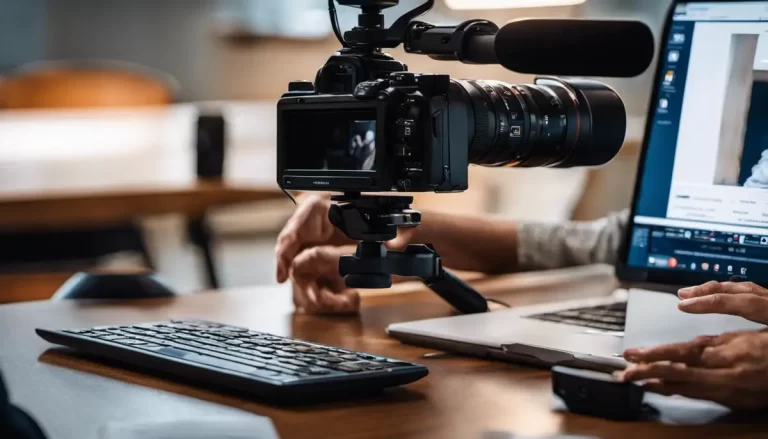Enter the fascinating world of deposition court reporting! Have you ever wondered what happens behind closed doors in court? This blog article will cover the intriguing work of a deposition court reporter and their vital contributions to the judicial system. Whether you’re pursuing a career in this sector or just curious about depositions, let’s explore what it takes to be a proficient deposition court reporter. An inside glance will enthrall you from start to finish!
The Role of a Deposition Court Reporter
Deposition court reporters are crucial to the legal system because they record depositions accurately and completely. The impartial observer must record every word stated during the proceedings.
The court reporter sits silently as attorneys question witnesses and testify during a deposition. Shorthand or stenography machines are used to carefully transcribe each sentence. They must listen well and pay attention to detail because even small mistakes might affect a case.
Court reporters record gestures, pauses, and emotions in addition to language. This accuracy ensures that all communication details are recorded for future reference.
Due to tight constraints, court reporters must be good time managers. After transcription, they carefully check their work before sending copies to parties.
Court reporters must stay abreast of reporting standards and technology to succeed. Remote depositions may require real-time captioning or videoconferencing skills.
Necessary Skills and Qualifications for the Job
Deposition court reporters need certain abilities and certifications. Excellent listening skills are essential first. Deposition court reporters must faithfully record every word stated.
Along with listening, typing speed is crucial. Typing swiftly and accurately while keeping up with real-time interactions is essential. This expertise guarantees no details or crucial information are lost. Deposition court reporters must also be meticulous. You need keen eyes to notice transcript flaws and discrepancies. Even a minor error can have serious effects, therefore precision is crucial.
Keeping calm under pressure is also important for this position. Staying calm during high-stress deposits or aggressive cross-examinations is essential for good reporting. Deposition court reporters must also know legal language and procedures. Understand courtroom etiquette to ensure accurate transcripts.
Depositions often have tight transcript deadlines, requiring good time management. Being organized and efficient lets you achieve deadlines without sacrificing quality. Deposition court reporters need technical abilities like fast typing and attention to detail as well as soft skills like active listening and being calm under pressure.
Tools and Equipment Used by a Deposition Court Reporter
Deposition court reporters use many tools to perform accurately and efficiently. These vital instruments allow them to record every word stated during deposition for future reference.
Stenographic or shorthand machines are essential for depositing court reporters. This innovative equipment lets them type at great speeds utilizing a unique phonetic symbol scheme. They can accurately transcribe talks with this gadget.
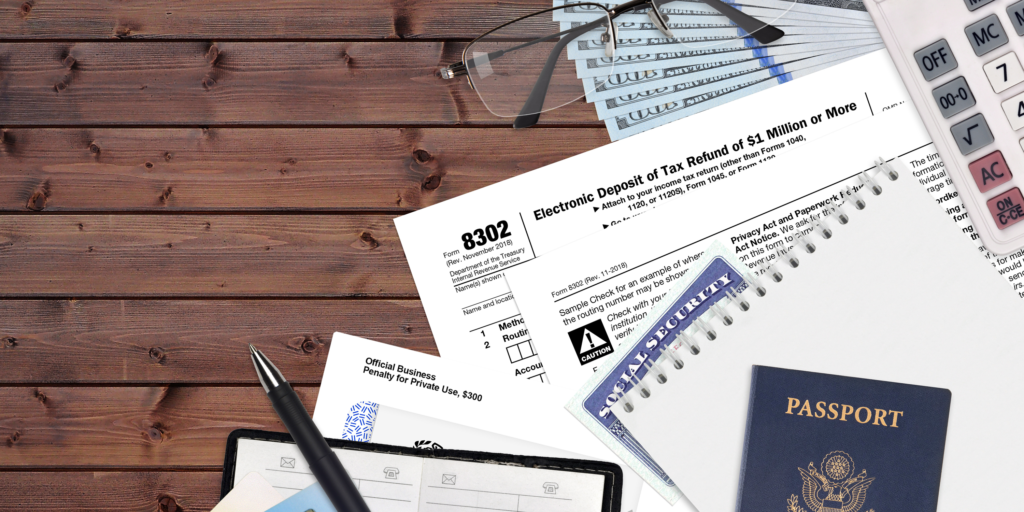
Besides the stenographic equipment, court reporters use audio recorders. Live transcription may miss or muddle parts of the discourse, therefore these recorders are backups. Audio recordings help to preserve important information and improve reporting.
Court reporters use CAT software to enhance their shorthand and audio recording devices. Court reporters can swiftly turn brief notes into text with this program, streamlining transcribing. It also helps them efficiently search transcripts for keywords or phrases.
Deposition court reporters may also use headphones, foot pedals, and video conferencing for distant depositions. These new materials help them accurately capture proceedings in any place or situation.
These technologies enable deposition court reporters to work efficiently and accurately in every case. These professionals use innovative technologies and stenography to accurately record every word stated during depositions, ensuring fair judicial procedures.
Steps Involved in Conducting a Deposition
Depositions are vital to the legal process and require careful organization and execution. Here are the main deposition steps:
1. Preparing for the Deposition: Gather all pertinent case material and review any documents or evidence that will be presented during the deposition. This preparation ensures you grasp the topic and can ask relevant questions.
2. Setting Up: After preparing, find a deposition place. In an office, conference room, or via video conferencing.
3. Administering Oaths: The court reporter will oath all deposition participants before questioning. This includes attorneys and witnesses.
4. Questioning Witnesses: Each party’s attorney can question witnesses under oath. Asking open-ended questions that allow extensive responses while remaining professional is crucial.
5. Documenting Testimony: The court reporter must use stenotype machines to precisely document everything spoken during the deposition.
6. Take Breaks if Needed: During lengthy depositions, participants can relax and recuperate before continuing their testimony.
7. Concluding Remarks: Parties may provide further comments or clarifications after witness evidence to ensure accuracy before finishing proceedings.
Each step is crucial to gathering reliable witness information while adhering to legal norms.
Challenges Faced by Deposition Court Reporters
Deposition court reporters are vital to the legal system, yet their work is difficult. Fast-paced, complex legal proceedings are one of their biggest challenges. Deposition counsel may speak quickly and overlap, making it hard for the court reporter to record everything.
Other challenges include neutrality and fairness. As a court reporter, you must state the facts without interpretation. This is difficult when attorneys or witnesses are arguing.
Technical issues also plague deposition court reporters. Equipment failures or connectivity issues might impair recording and cause transcript gaps. To reduce disruptions, court reporters must stay current on technology and troubleshooting.
Working lengthy hours can also strain deposition court reporters psychologically and physically. Due to tight schedules, they spend a lot of time transcribing and proofreading recordings.
Deposition court reporters also confront confidentiality issues. They handle confidential material that could affect legal cases or personal life. Continuous vigilance is needed to maintain confidentiality and provide correct records.
Career Opportunities in Deposition Court Reporting
Deposition court reporting is a specialist field with rising demand. The legal sector is evolving, offering several job prospects.
Freelance deposition court reporters are one option. This gives workers more scheduling flexibility and lets them choose their cases. Since they can negotiate pricing, freelancers earn more. Deposition court reporters can also work in law firms or corporations. Many companies have reporters on staff for depositions and other legal hearings. In an established company, this provides job security and stability.

Those who like variety may enjoy travel court reporting. Covering depositions in diverse locales makes everyday intriguing for these specialists.
Technology also allows real-time reporting and remote deposition. With advances in video conferencing, reporters can now work remotely.
If you have great attention to detail, strong communication skills, and the ability to stay calm under pressure, deposition court reporting offers several chances.
Conclusion
Being a deposition court reporter demands certain talents. These professionals are vital to the judicial system, keeping correct deposition records.
Court reporters’ deposition duties, abilities, tools, and steps have been covered in this article. We also reviewed these professionals’ problems and career options.
Understanding the effort and attention to detail needed to succeed as a deposition court reporter is crucial. This fast-paced environment can be mastered with training and experience. Deposition court reporter tools evolve with technology. Staying current with industry developments and using cutting-edge equipment will boost your productivity and accuracy.
Legal professionals continue to need qualified deposition court reporters. This provides several options for those with good listening, detail, and organization skills.



